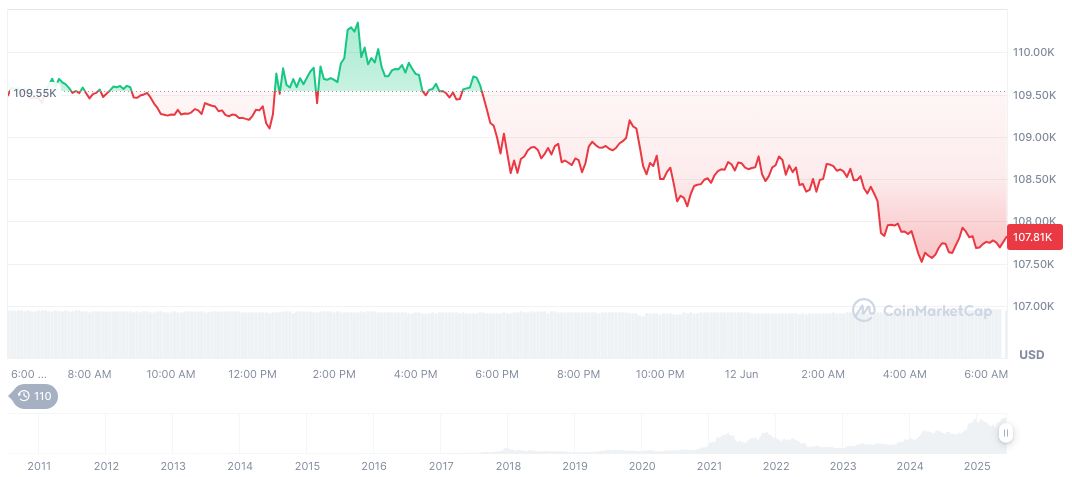An explosion occurred at Iran’s Natanz nuclear facility on June 13, attributed to an Israeli strike confirmed by Prime Minister Netanyahu. “Israel targeted the Natanz location during the June 13 strike,” Benjamin Netanyahu, Prime Minister of Israel, stated.
Israeli Prime Minister Benjamin Netanyahu confirmed that an Israeli airstrike targeted Iran’s Natanz nuclear facility on June 13, following an explosion at the site. Iranian state television broadcast images of smoke billowing from the facility, confirming the attack’s impact on Iran’s nuclear infrastructure.
Israeli Airstrike’s Ripple Effects on Global Markets
The event signifies heightened tensions between Israel and Iran, leading to market volatility and risk repricing, particularly affecting major cryptocurrencies like Bitcoin and Ethereum.
The immediate impact involves increased geopolitical tensions, reflecting in global markets. Preliminary analysis suggests heightened volatility in major cryptocurrencies such as Bitcoin and Ethereum, as traders pivot to stable assets amidst increased uncertainty. Risk repricing is evident, impacting liquidity in decentralized finance sectors.
Historical Insights on Crypto Sensitivity to Geopolitical Unrest
Did you know? Previous Israeli-linked strikes on Iran’s nuclear facilities, like the 2020 Natanz incident, led to brief selloffs in major cryptocurrencies, emphasizing the market’s sensitivity to geopolitical shocks.
As of June 13, 2025, Bitcoin (BTC) is valued at $104,100.10, with a market capitalization of 2,069,301,710,512.95 and a 24-hour trading volume of 67,197,975,640.61. Recent price changes include a 3.93% decline over 24 hours and a 23.11% increase over 90 days, according to CoinMarketCap data.

The Coincu research team notes potential ramifications in the form of increased scrutiny on cross-border money flows and regulatory compliance. Technological adaptations in blockchain security may also gain traction to mitigate geopolitical risks in decentralized assets.




